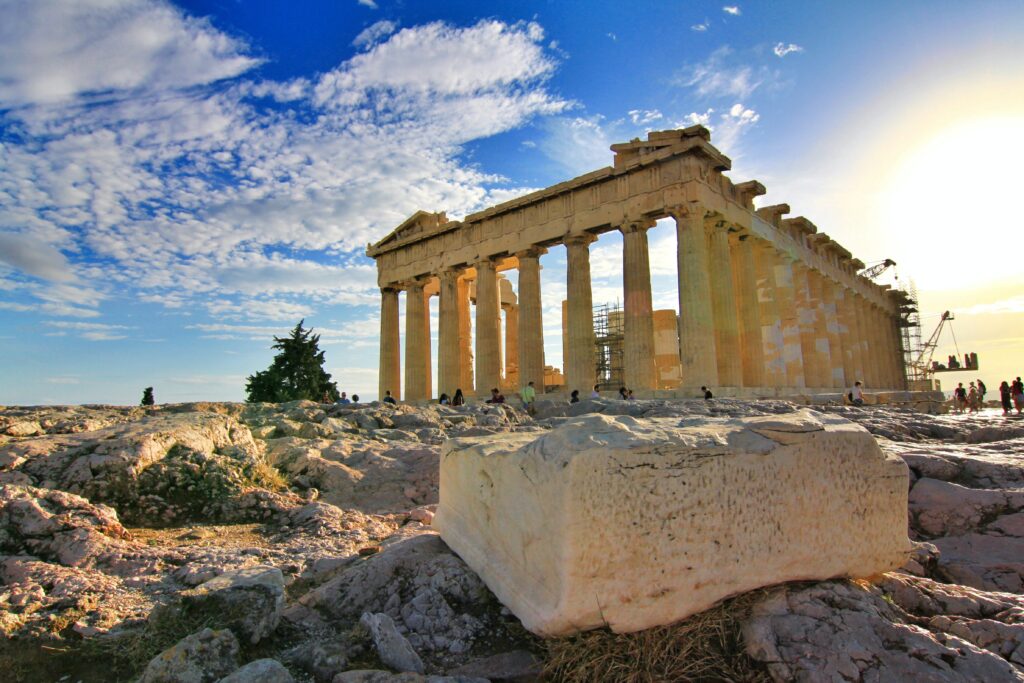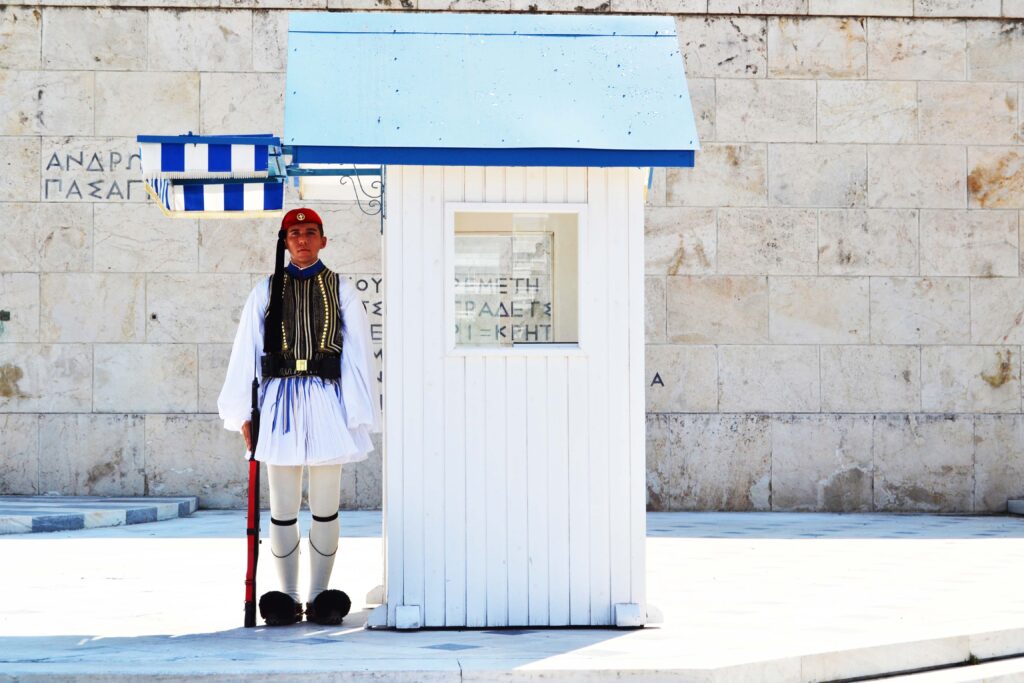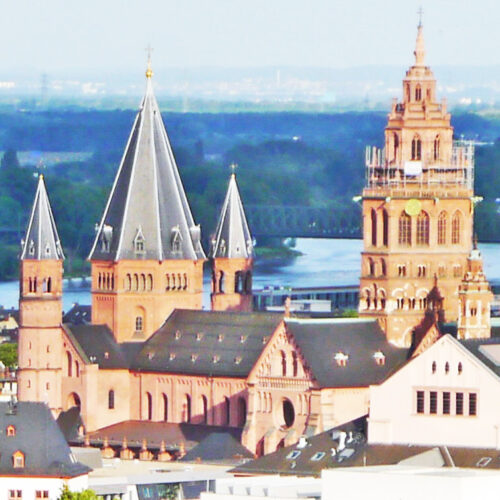
From Acropolis to Gyros, Athens Has It All – Let’s Dive into the Fun and Quirky Side of the Greek Capital
Athens, the capital city of Greece, is a place that captivates visitors with its rich history, culture, and breathtaking ancient architecture. It is a city that has played a significant role in shaping Western civilization and is a destination that every history and culture lover should add to their bucket list.
From the magnificent Acropolis to the charming Plaka neighborhood, Athens has something for everyone to enjoy. This list will explore some of the best things to do in Athens and why they are amazing, providing insight and inspiration for your next trip to this incredible city.
Here are some of the best things to do in Athens:
- Acropolis: The Acropolis is a must-see attraction in Athens and a symbol of Ancient Greece. The Parthenon, the Erechtheion, and the Temple of Athena Nike are just a few of the stunning structures found here. The views from the top are breathtaking, and it’s a great place to learn about Greek history.
- The National Archaeological Museum: This museum has an impressive collection of ancient Greek artifacts, including sculptures, vases, and jewelry. It’s a great place to explore if you want to learn more about the ancient history of Greece.
- Plaka: Plaka is a charming neighborhood in Athens known for its narrow streets, small shops, and excellent tavernas. It’s a great place to explore if you want to experience the authentic Greek way of life.
- Syntagma Square: Syntagma Square is the heart of Athens and is a great place to people-watch. Historic buildings surround the square, including the Greek Parliament building and the Grande Bretagne Hotel.
- The Athens Central Market: The Athens Central Market is a vibrant and bustling market with fresh produce, meat, and fish. It’s a great place to explore and experience local culture and cuisine.
- The Odeon of Herodes Atticus: This ancient theater is one of the best-preserved theaters in Greece and is still used today for concerts and performances. It’s a great place to visit to experience Greek culture firsthand.
- Mount Lycabettus: For a panoramic view of Athens, head to Mount Lycabettus. You can take a funicular or hike up to the top, where you will be rewarded with stunning city views, especially at sunset. There is also a cafe and a small chapel at the top.
- Benaki Museum: The Benaki Museum is a fantastic museum that showcases Greek art and culture from ancient times to the modern day. The museum has an impressive collection of Greek art, including pottery, sculpture, jewelry, and artifacts from other cultures that have influenced Greece over the years. It’s a great place to learn more about Greek culture and history.
Did you know?
Athens was named after the Greek goddess Athena? According to Greek mythology, Athena and Poseidon competed to be the patron deity of the city, and Athena won by presenting the people with the olive tree, which was deemed more valuable than Poseidon’s gift of a saltwater spring.
As a result, the city was named after Athena, and she became its protector and patron goddess.
The Parthenon temple was built atop the Acropolis to honor Athena, and the city was adorned with countless statues and artworks featuring the goddess.

Even today, the iconic image of Athena can be found throughout Athens, from the many figures of her to the modern-day depiction of her on the Greek Euro coins.
A little history:
Athens is one of the oldest cities in the world, with a rich history spanning over 3,400 years. The city was founded in the 5th millennium BC and quickly became a dominant city-state in ancient Greece, known for its intellectual and cultural achievements. Athens is often referred to as the birthplace of Western civilization, as it was the home of philosophers such as Plato and Aristotle and the birthplace of democracy.
The city flourished during the Golden Age of Athens in the 5th century BC. Many famous landmarks still standing today were built, including the Parthenon, the Propylaea, the Erechtheion, and the Temple of Athena Nike. The city’s power and influence grew, becoming ancient Greece’s cultural and intellectual hub.

Athens was invaded and conquered by various empires, including the Macedonians, the Romans, the Byzantines, and the Ottomans. However, it remained an important center of learning and culture throughout these periods, and the city continued to produce famous scholars and thinkers.
In 1834, Athens became the capital of Greece, and the city underwent significant changes, including the construction of many modern buildings and the expansion of the city’s infrastructure. Today, Athens is a bustling metropolis home to over 3 million people and continues to be a significant center of culture, commerce, and tourism.


